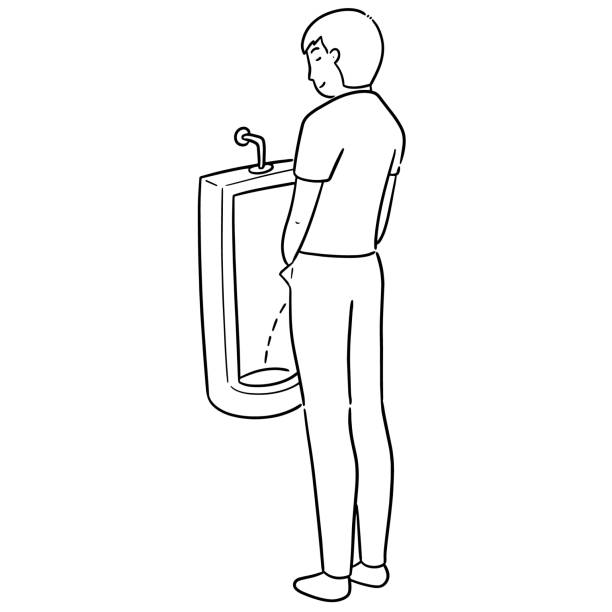Introduction:
Paruresis, commonly known as "shy bladder," is a condition that affects individuals who experience difficulty urinating in public or when feeling watched. While the primary impact of paruresis is on the urinary system, the underlying anxiety and stress associated with the condition can have secondary effects on various other body systems. In this blog post, we will delve into the broader implications of paruresis and explore how it can affect both the body and the mind.The Nervous System: Paruresis triggers the body's stress response, leading to the release of stress hormones like adrenaline. As a result, individuals may experience physiological changes such as increased heart rate, elevated blood pressure, and heightened overall arousal. These responses are characteristic of the body's natural fight-or-flight reaction to perceived threats.
The Musculoskeletal System: Anxiety associated with paruresis can cause muscle tension and stiffness. This tension may extend beyond the pelvic floor muscles, affecting other muscle groups throughout the body. Consequently, individuals may experience discomfort or pain in various areas, amplifying the physical manifestations of their anxiety.
The Digestive System: Anxiety and stress can have a notable impact on the digestive system. People with paruresis may experience symptoms such as stomachaches, nausea, diarrhea, or constipation. These gastrointestinal disturbances can arise in response to the anxiety triggered by the condition, further compounding the overall discomfort.
The Respiratory System: Stress and anxiety can disrupt normal breathing patterns, leading to rapid or shallow breathing. Some individuals with paruresis may encounter shortness of breath or hyperventilation during moments of heightened anxiety. These respiratory changes can intensify feelings of discomfort or distress.
Mental and Emotional Well-being: Paruresis can significantly impact one's mental and emotional well-being. The anxiety and self-consciousness associated with the condition can generate feelings of embarrassment, shame, or low self-esteem. In severe cases, individuals may withdraw socially, avoid public places, or even develop other anxiety disorders.
Conclusion: Paruresis extends beyond the limitations of a shy bladder, encompassing broader effects on both the body and the mind. Understanding these implications can help individuals with paruresis and their loved ones comprehend the multifaceted nature of the condition. Seeking professional support from healthcare providers or mental health professionals is crucial in managing paruresis effectively. Techniques such as cognitive-behavioral therapy and exposure therapy can aid in reducing anxiety and gradually desensitizing individuals to triggering situations.
Remember, if you or someone you know is struggling with paruresis, reaching out for assistance is an essential step towards regaining control and improving overall well-being. With the right support and guidance, it is possible to overcome the challenges associated with paruresis and lead a fulfilling life.



No comments:
Post a Comment